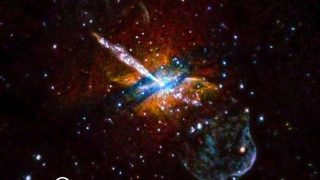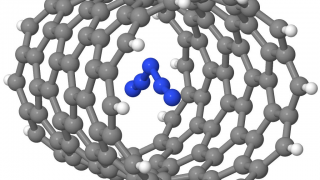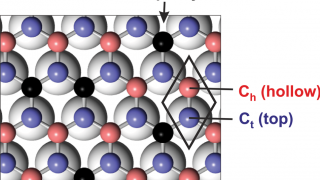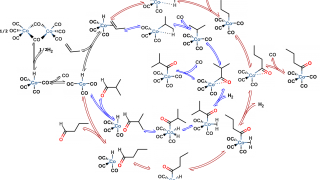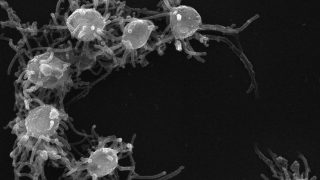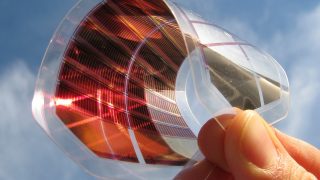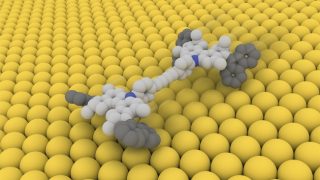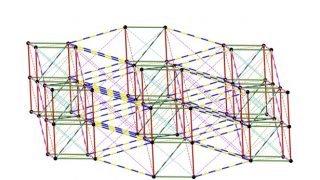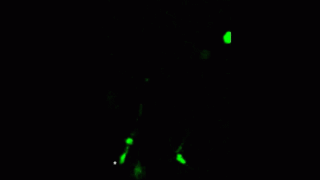
Looking for new materials with applications in organic solar cells
Author: María A. Izquierdo-Morelos is a Ph.D. student (ITN-EJD-TCCM) at University of Groningen Over the past several decades researchers have thought how materials and device architectures can efficiently convert solar radiation into electrical power through the photovoltaic effect. Those efforts have led to different methods and processes to produce green energy. In this context, organic […]
